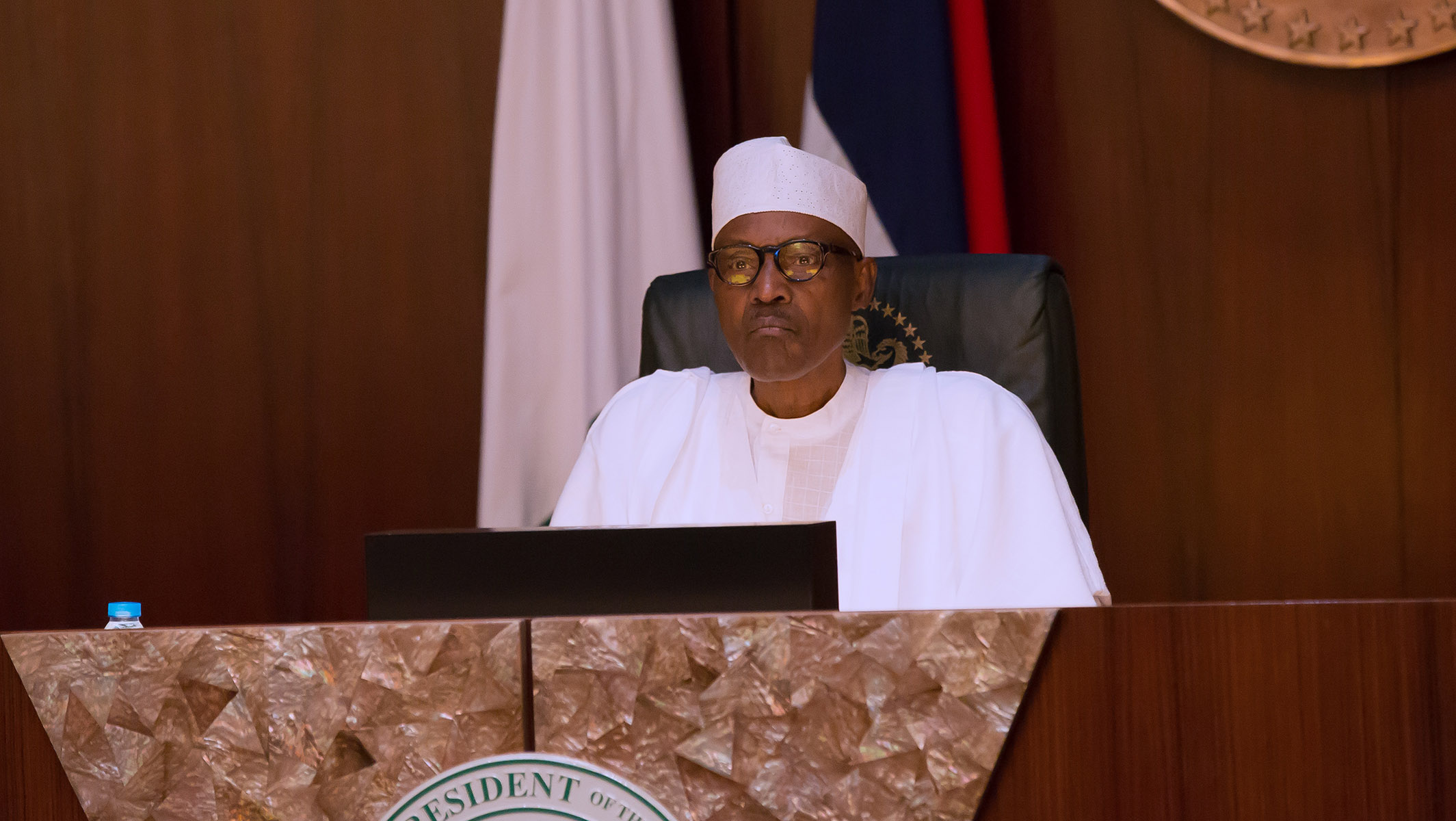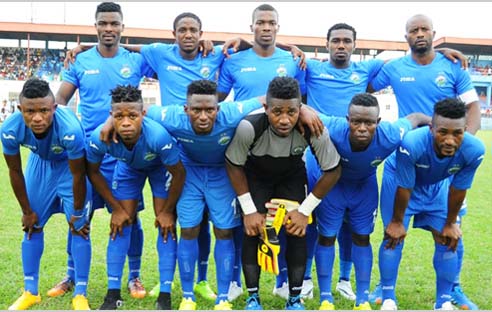The Financial Action Task Force (FAFT), a global anti-money laundering and anti-terrorist financing monitoring body, has warned against Nigeria’s “repeated failure” to address issues leading to its suspension from the Egmont group.
TheCable had in July reported the news of Nigeria’s suspension from the group, with a threat of expulsion in January 2018 if the country fails to meet meet the operation standards of the group.
Shortly after, the senate resolved to create a law granting the Nigerian Financial Intelligence Unit (NFIU) autonomy from the Economic and Financial Crimes Commission (EFCC) — one of the issues that led to Nigeria’s suspension.
But it appears that the other “concerns” were left unaddressed.
Advertisement
In a letter to Abubakar Malami, attorney-general of the federation and minister of justice, FAFT warned of the negative implications of failing to do the needful.
The letter, which was dated August 29, 2017, and signed by Santiago Otamedi, FAFT president, was titled ‘Suspension of Egmont Group membership status of the Nigerian Financial Intelligence Unit’.
The letter, seen by PUNCH, reads in part: “I would like to share with you serious concern regarding the reasons that motivated this decision, notably the repeated failure of the FIU Nigeria to address concerns regarding the protection of confidential information as well as concerns about the legal basis and the FIU’s independence vis-à-vis the Nigerian Economic and Financial Crimes Commission.
Advertisement
“These issues are indeed core elements of the anti-money laundering and counter-terrorist financing framework promoted by the FATF recommendations.”
In the event of an expulsion from Egmont group, Nigeria will no longer be able to benefit from financial intelligence shared by the other 153 member countries, including the US and the UK, while the country’s ability to recover stolen funds abroad will also be hampered.
In the aftermath of the suspension, the AGF had accused the EFCC of causing Nigeria’s suspension from the group.
TheCable had also reported that a collision course was imminent between the AGF and EFCC after the former alleged that the latter breached rules in its prosecutions, especially with regards to high profile cases.
Advertisement
The AGF had also accused the anti-graft agency of frustrating the war against corruption by “manipulating and misusing intelligence to the detriment of the fight against corruption and financial crimes in Nigeria”.
Nigeria, currently on cooperative status, is seeking to become a member of FATF which has the mandate of setting standards over effective implementation of legal, regulatory and operational measures for combating money laundering and terrorist financing in its 35-member jurisdictions.







